Transdniestr, a Forgotten Problem
The demarcation line between the territory controlled by the legitimate authorities in Chisinau and Transndiestr is looking increasingly like a border between different civilisations. While the EU aspiring Moldova is trying to adopt and comply with democratic standards, the separatists are still employing Soviet-era practices systematically violating elementary human rights. In a clear attempt to consolidate their split from Chisinau, they are now even denying children in Romanian language schools run by the Moldovan authorities the right to education.

Bogdan Matei, 17.01.2014, 13:27
The demarcation line between the territory controlled by the legitimate authorities in Chisinau and Transndiestr is looking increasingly like a border between different civilisations. While the EU aspiring Moldova is trying to adopt and comply with democratic standards, the separatists are still employing Soviet-era practices systematically violating elementary human rights. In a clear attempt to consolidate their split from Chisinau, they are now even denying children in Romanian language schools run by the Moldovan authorities the right to education.
In a latest move, the accounts of the Lucian Blaga High School in Tiraspol, the capital of the break-away region, have been blocked, a measure which may block the school’s activity, according to its director Ion Iovcev. Last month, the school was searched by so-called Transnistrian prosecutors, and Iovcev and his deputy interrogated. The separatist leader Evgeny Shevchuk also threatened to close down all Romanian language schools if they refuse to be subordinated to the Transdniestr authorities. The move has caused unanimous outrage. In Bucharest, the president of the neighbouring Romania, Traian Basescu, said the “repressive and provocative actions against teachers, parents and children show the constant violation of human rights in the break-away region.” In Brussels, European officials have expressed deep concern for the latest developments in Transdniestr and have condemned the methods used by the Transdniestr authorities, which hinder the education process. They say such unilateral action cause tension and slow down negotiations aimed at solving the Transdiestr conflict.
The abusive actions targeting the Romanian language school in Tiraspol came at a time when many were speaking about the relaxation of the situation. According to commentators, Moldova’s embarking on the path to Europe may also benefit the business community and ordinary citizens in Transdniestr. Moreover, the change of the province’s top leadership led to expectations of a different approach. Two years ago, the relatively young Evgeny Shevchuk replaced Igor Smirnov, the former leader of the 1992 rebellion that eventually brought about Transdniestr’s de facto split with Chisinau, following an armed conflict in which hundreds of people were killed. Finally, the latest actions of the break-away authorities in Transdniestr are even more surprising as Moldova’s pro-western prime minister Iurie Leanca recently proposed the separatists wide autonomy based on the Catalan model in Spain.






























